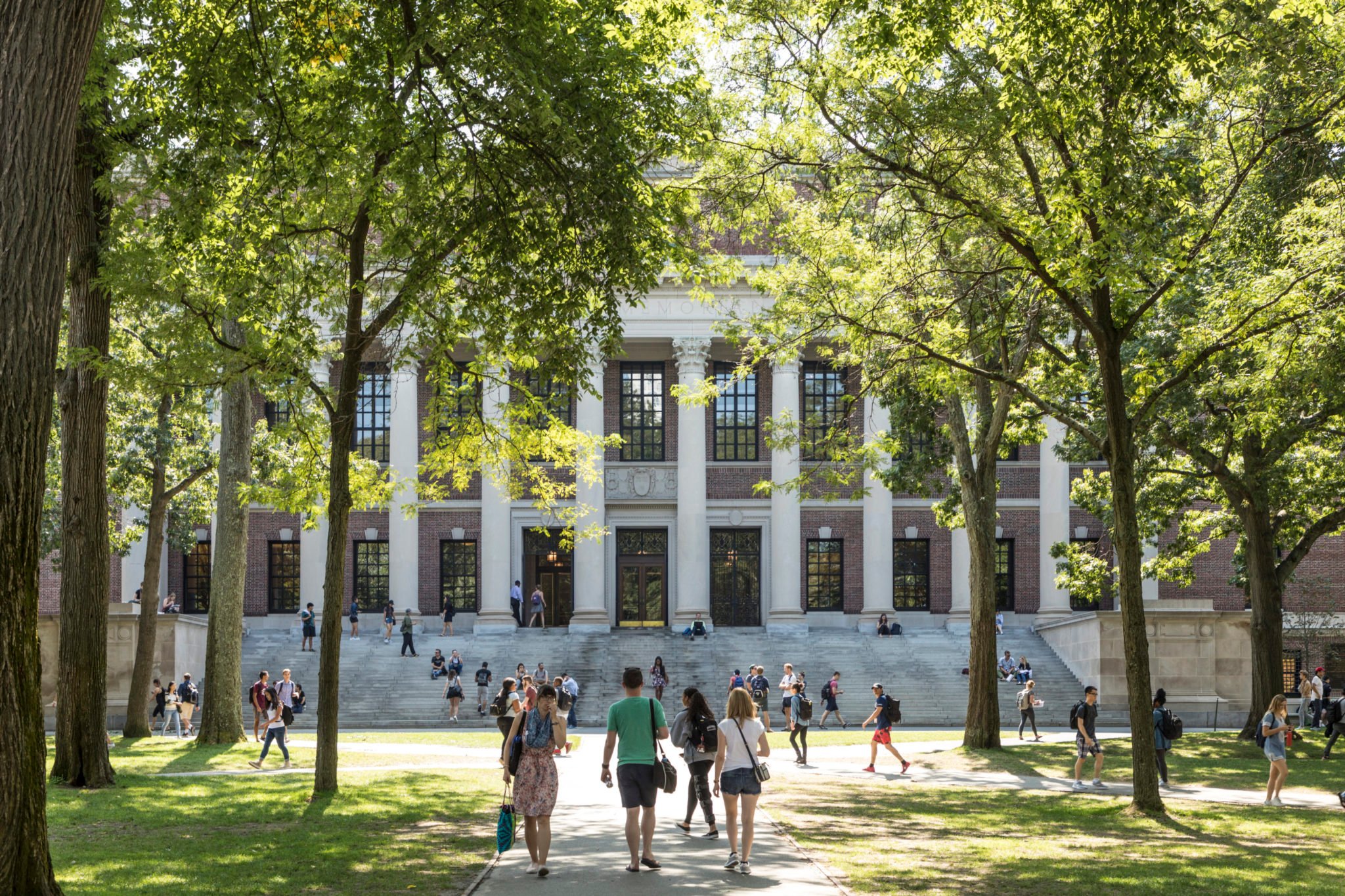How do colleges really decide who gets in? To find out, DC journalist Jeffrey Selingo embedded with ad-missions teams at three schools. The result is Who Gets In and Why: A Year Inside College Admissions. Here are a few things we learned from him.
Don’t Obsess Over SAT Scores
Although most selective schools still require standardized tests, Selingo was surprised to see how little weight those scores carry in the admissions process. In the book, he describes a meeting at Emory where the dean of admissions gave his staff a presentation on the factors that best predict freshman grades at the university. High-school GPA and curriculum difficulty were the top metrics, while standardized-test scores were much lower.
You’re Being Watched
Those hours that students spend clicking around college websites? The admissions department is paying attention. It often tracks how many times applicants visit the site, the academic subjects they explore, and which other parts of the site they investigate. Some schools gauge how strong a candidate’s interest is by tracing the number of e-mails from the school that the applicant actually opens and reads.
It’s Not You, It’s Them
Students and parents often assume that getting into college is about the strengths that particular candidates bring to the table, but it’s also about the school’s needs. An oboe virtuoso with a 4.0 grade-point average might be a perfect fit—or might not get the nod if a large number of musically inclined applicants have already come through. From the college’s point of view, it’s about building a well-rounded class.
Don’t Worry So Much in the First Place
When we spoke to Selingo, he offered one piece of wisdom that might go a long way toward reassuring anxious parents—even if it might also displease some of the publishers who count on selling books to those anxious parents: “At the end of the day, there’s not that much of a difference between the institution at the top of the rankings and the one 20 spaces down.”
This article appears in the September 2020 issue of Washingtonian.














